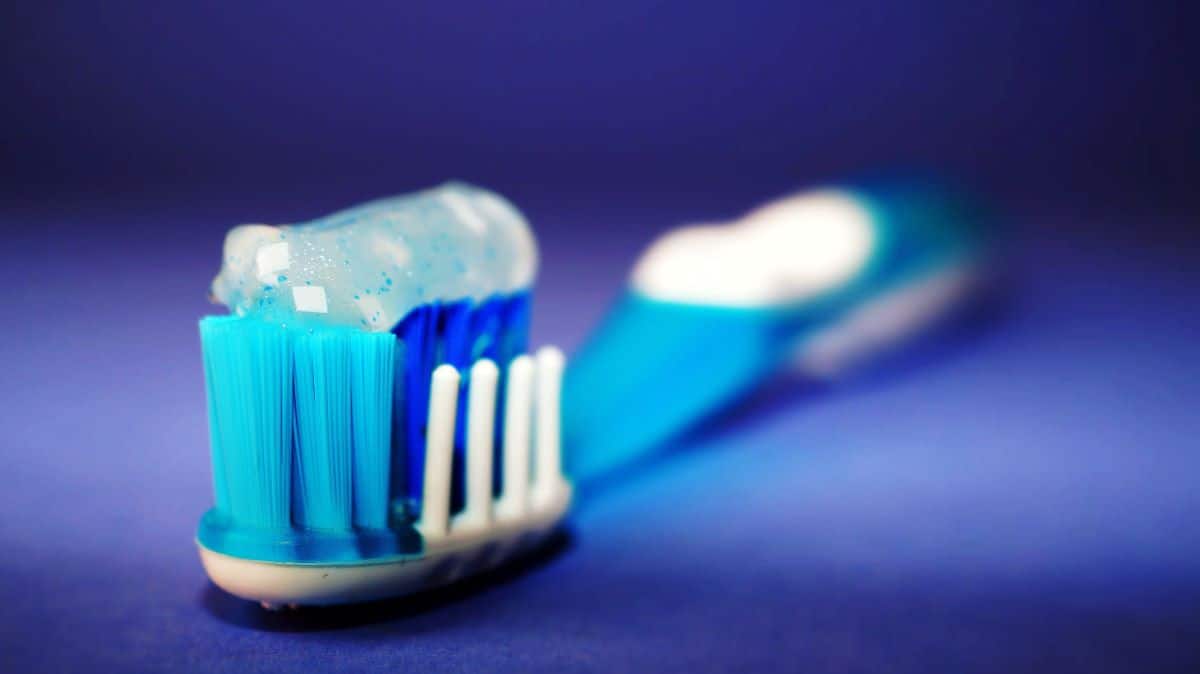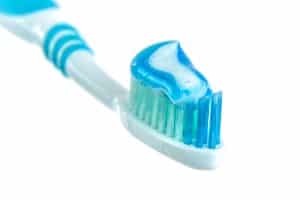
27 Jan How Stress Affects Your Teeth and Gums
How Stress Affects Your Teeth and Gums: Unveiling the Oral Impact of Daily Strain
Welcome to an enlightening expedition, where we unravel the intricate relationship between stress and oral health. As we embark on this comprehensive guide, our mission is to navigate the myriad ways in which daily stress extends its influence into the realm of your teeth and gums. Brace yourself for a journey filled with profound insights, expert tips, and invaluable information designed to not only inform but empower. In the chapters ahead, we aim to provide a holistic understanding of the profound connection between the stresses of daily life and their discernible impact on your oral well-being. Let’s delve into this crucial intersection of mental and dental health, arming you with the knowledge to navigate and mitigate the effects of stress on your teeth and gums. Let’s take a look at how stress affects your teeth and gums.
How Stress Impacts Oral Health: A Detailed Exploration
How Stress Manifests in Your Oral Cavity
Stress, a formidable force impacting your entire body, leaves no facet untouched, making its presence felt even within the intricate confines of your oral cavity. This section peels back the layers to reveal the physical toll exacted on your teeth and gums, a toll that transcends the boundaries of mental strain and permeates into the very fabric of your oral well-being.

Understanding Stress-Related Teeth Grinding (Bruxism)
Venture into the realm of bruxism, where stress manifests as an involuntary grinding of teeth. This relentless gnashing not only wears down dental surfaces but also introduces discomfort in the form of jaw pain and headaches, creating a tangible bridge between the mental strain of stress and the tangible repercussions on your oral health.
The Link Between Stress and Gum Disease
The immune system, your stalwart defender against infections, weakens under the prolonged siege of chronic stress. Delve into the intricate interplay between stress and gum disease, peeling back the layers to reveal how stress silently acts as a precursor to conditions like gingivitis and periodontitis, gradually compromising the resilience of your gum health.
Cortisol and Its Impact on Tooth Health
Meet cortisol, the stress hormone wielding influence over your body’s response mechanisms. This section unravels the impact of elevated cortisol levels on tooth health, exposing the vulnerability of enamel and the heightened risk of cavities and decay as stress hormones course through your system, leaving a lasting imprint on your dental well-being.
Strategies to Preserve Oral Health Amidst Stress
Mind-Body Practices for Dental Well-being
Navigate the transformative power of mindfulness and relaxation techniques in mitigating the impact of stress on your oral health. From meditation to mindful breathing, discover practices that serve as catalysts for maintaining the well-being of your teeth and gums, forging a shield against the corrosive effects of stress.
The Role of a Balanced Lifestyle in Dental Resilience
Embark on a journey through the elements of a balanced lifestyle, where nutrition and regular exercise emerge as unsung heroes fortifying your oral health against the relentless onslaught of stress. Uncover holistic approaches acting as shields, protecting your teeth and gums from the corrosive effects of stress and nurturing a resilient foundation for your oral well-being.
Oral Hygiene as a Stress-Busting Ritual
Transform your daily oral care routine into a sanctuary of stress relief. Uncover the therapeutic impact of maintaining impeccable oral hygiene, turning brushing and flossing into rituals not just of cleanliness but also buffers against the negative consequences of stress, fostering a harmonious balance between your oral health and mental well-being.
How Stress Affects Your Teeth and Gums: Real Stories, Real Experiences
Personal Narratives: Navigating Oral Health Amidst Life’s Challenges
Embark on a poignant journey through real-life stories, where individuals candidly share their experiences managing stress-related oral health issues. These narratives offer profound insights, providing readers with a reservoir of wisdom and resilience drawn from those who have traversed the challenging path of maintaining optimal dental well-being amidst the myriad stressors of life.

FAQs about Stress and Oral Health
Q: Can stress cause cavities?
Stress, while not a direct culprit for cavities, exerts indirect influence on oral health. Weakened enamel and compromised immune function, both consequences of stress, create an environment conducive to cavity development.
Q: How can I stop grinding my teeth due to stress?
Combat teeth grinding induced by stress with effective strategies. Incorporate deep breathing exercises into your daily routine, fostering relaxation. Additionally, consider using a night mouthguard to prevent the abrasive impact of stress-induced teeth grinding while you sleep.
Q: Does stress contribute to receding gums?
Absolutely. Chronic stress weakens the immune system, rendering gums more susceptible to infections. This heightened vulnerability contributes to the occurrence of receding gums, emphasizing the intricate link between stress and oral health.
Q: Can stress lead to temporomandibular joint (TMJ) disorders?
Indeed, prolonged stress coupled with the physical manifestation of teeth grinding can contribute to temporomandibular joint (TMJ) disorders. Seeking professional advice and adopting stress management techniques are pivotal in preventing and alleviating these disorders.
Q: What role does diet play in mitigating stress-related oral issues?
Diet emerges as a key player in fortifying your body against stress-related oral issues. A balanced diet, rich in essential vitamins and minerals, not only supports overall well-being but also enhances your body’s resilience, acting as a robust defense against the impact of stress on oral health.
Q: Is there a connection between stress and canker sores?
Undoubtedly. Stress compromises the immune system, leaving you more susceptible to canker sores. Effectively managing stress becomes a crucial preventive measure, reducing the likelihood of recurring canker sores and promoting overall oral well-being.

Q: Can stress lead to bad breath?
Stress can indirectly contribute to bad breath. The physiological changes triggered by stress, such as decreased saliva production and changes in oral pH, create an environment favorable for bacteria growth, leading to halitosis.
Q: How does stress affect children’s oral health?
Stress impacts children’s oral health in various ways. From teeth grinding to changes in eating habits, stress can lead to dental issues. Parents should monitor these signs and encourage stress-relief activities to maintain their children’s oral well-being.
Q: Is there a connection between stress and dry mouth?
Yes, stress can contribute to dry mouth. The reduction in saliva flow during periods of stress not only affects digestion but also diminishes the mouth’s natural ability to cleanse itself, potentially leading to dry mouth and associated oral health challenges.
Q: Can stress lead to changes in saliva production?
Yes, stress can indeed influence saliva production. During heightened stress, the body’s natural response can disrupt the normal flow of saliva, impacting its quantity and composition. This change in saliva dynamics can contribute to various oral health issues, highlighting yet another dimension of the intricate relationship between stress and oral well-being.
Q: Is there a connection between stress and teeth sensitivity?
Absolutely, stress can be linked to increased teeth sensitivity. The physiological changes triggered by stress, such as clenching or grinding, may wear down tooth enamel, exposing the sensitive dentin beneath. Understanding this connection sheds light on how managing stress is not only crucial for mental well-being but also plays a pivotal role in preserving the integrity and comfort of your teeth.
In Conclusion
In concluding our exploration of how stress impacts dental health, we’ve unraveled the intricate connections between mental well-being and oral health. Armed with this understanding, you now possess practical strategies to proactively preserve your dental health amid life’s challenges. From mindfulness practices to embracing a balanced lifestyle and prioritizing impeccable oral hygiene, these insights serve as guideposts for fortification. Remember, your oral health reflects not only your dental habits but also your overall well-being. This exploration marks the beginning of an ongoing journey—integrate these learnings into your life to actively participate in the narrative of your dental health, fostering resilience and embracing the equilibrium of mind and body.


Sorry, the comment form is closed at this time.